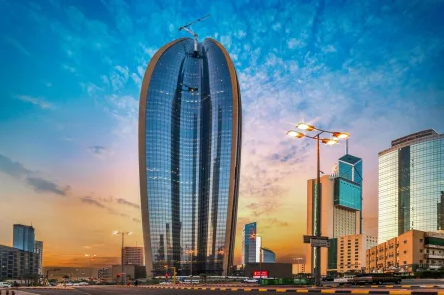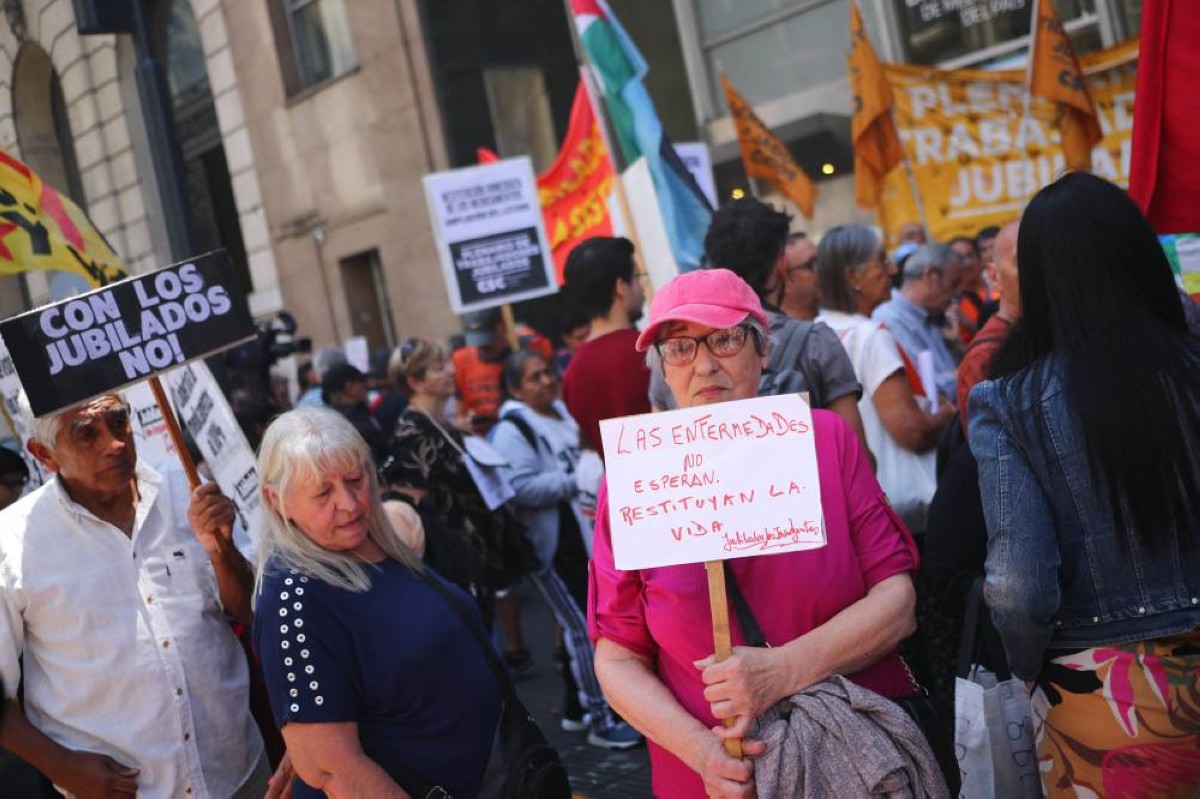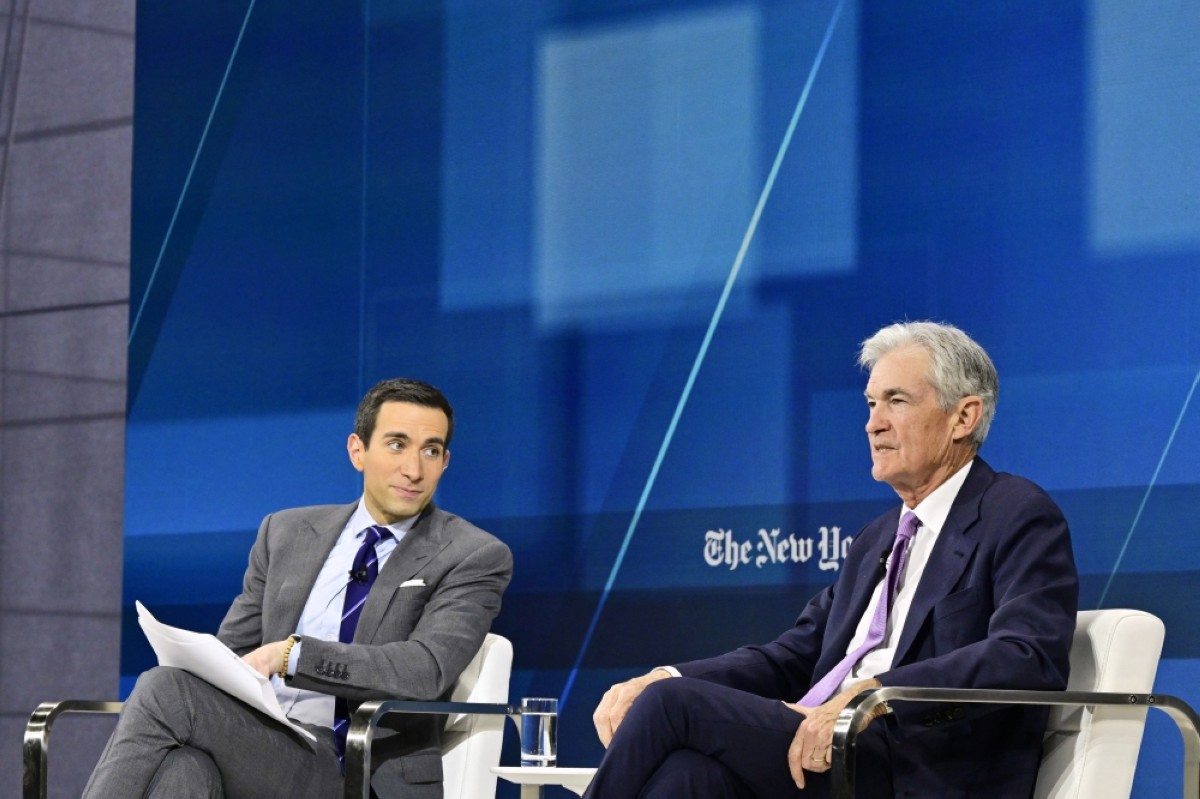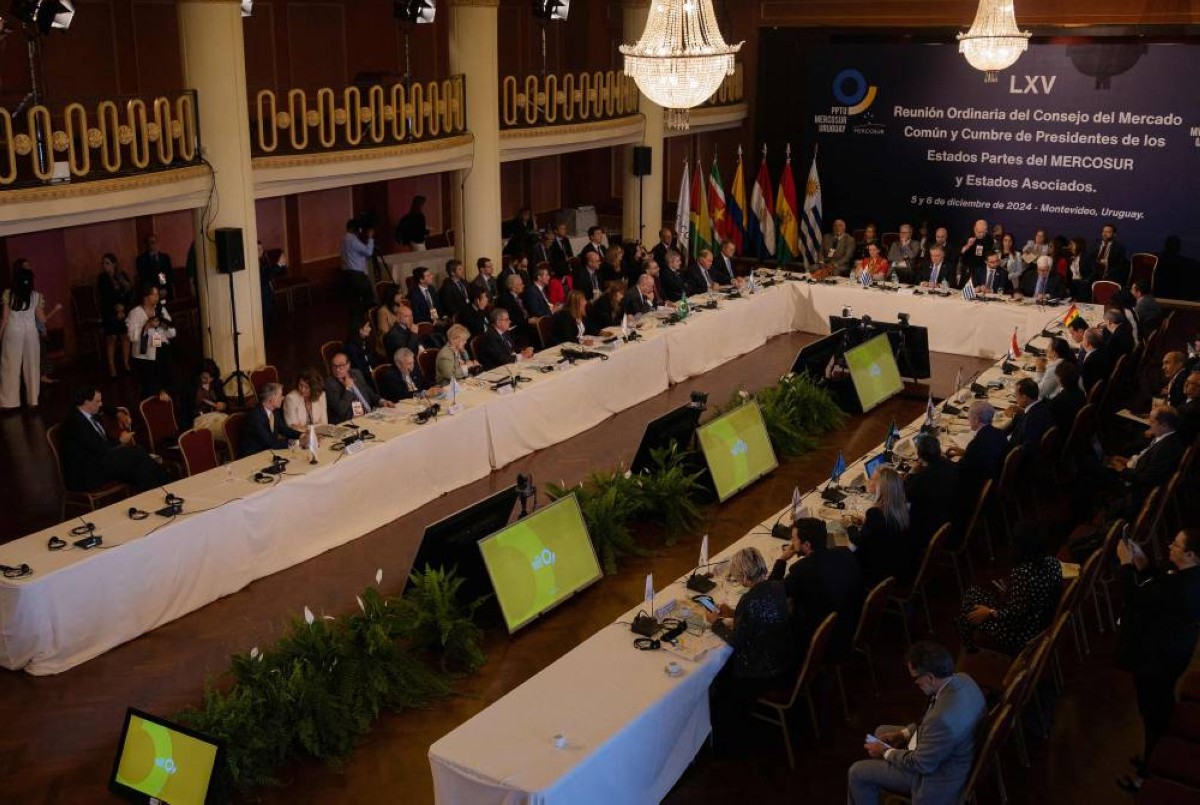Donors, recipients to control new climate fund’s resources: Bhanga
DUBAI: Donor countries to an ambitious new climate change fund, along with its recipients, will likely control how its financial resources are spent, World Bank President Ajay Banga said Friday.
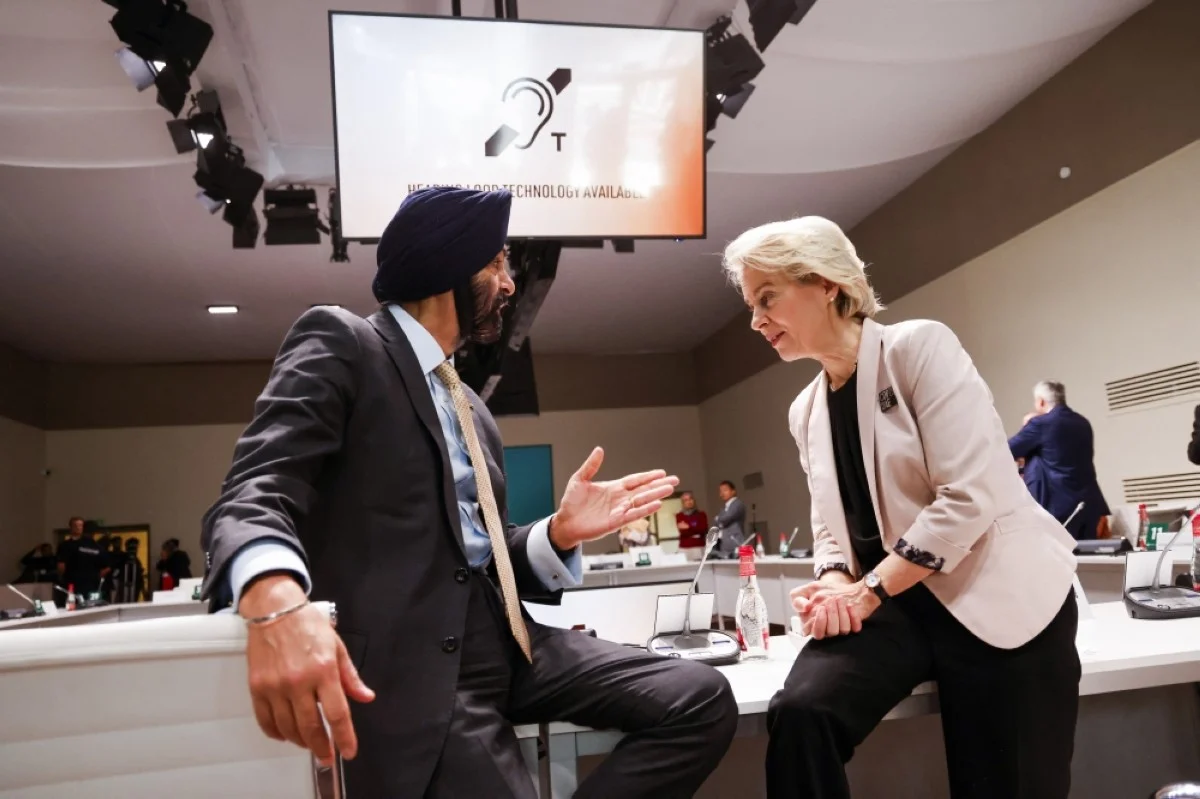
DUBAI: World Bank President Ajay Banga (left) speaks with European Commission President Ursula von der Leyen before a meeting on the 'Coal Transition Accelerator Initiative' at the COP28 United Nations climate summit in Dubai on December 2, 2023. – AFP.
“The reality is the Bank is currently not planning to play the role of allocating the money,” he told an event at the UN’s COP28 summit in Dubai.
“That will be done by a governing board that needs to be created, that should have representation from the donor countries as well as the recipient countries,” he added. Around $700 million has been pledged to the new “loss and damage” fund for countries impacted by climate change since it was approved by nations attending the COP 28 climate summit in Dubai. The amount so far falls well short of the $100 billion developing nations say are needed to meet the costs of changing climate, but more pledges are expected in coming days.
The World Bank will most likely play a limited role in the loss and damage fund confined to managing its day-to-day operations, Banga said. The development lender is frequently criticized by developing countries for the outsized role that major Western economies play in its governance.
Under an unofficial agreement between Europe and the United States, the World Bank has been led since its creation by a US citizen, while the International Monetary Fund has been managed by a European. “Our job is like a trustee: We run it, we operate it, we hope to make sure the money goes the right places — because we know how to do that,” Banga said of the new fund, adding that it was still in its early stages.
The loss and damage fund was hailed as a positive start to this year’s COP summit in the United Arab Emirates, billed as the largest summit to date with more than 140 world leaders due to speak on Friday and Saturday. Climate finance has been a key sticking point, with wealthy nations most responsible for emissions not delivering on promises to support the vulnerable states who are worst affected but least responsible for global warming.
On Friday, Banga said the new fund would initially look to help finance “technical assistance and analytics” for countries impacted by climate change. “If this gets done well, sometime next year is when you’ll start seeing money actually be put out to help countries on the ground,” he added.
The launch of a climate “loss and damage” fund drew praise and hundreds of millions of dollars in pledges at the UN’s COP28 talks on Thursday but also warnings that much more is needed to help vulnerable nations. “We have delivered history today,” the UAE’s COP28 president Sultan Al-Jaber told delegates who stood and applauded after the decision’s adoption in Dubai. The announcement was followed immediately by financial pledges, including 225 million euros ($246 million) from the European Union, $100 million from the United Arab Emirates, $40 million from Britain, $17.5 million from the United States and $10 million from Japan.
After years of dragging their feet on the issue, wealthy nations backed the fund in a landmark agreement at the COP27 summit in Sharm el-Sheikh, Egypt, last year. Its launch on the first day of COP28 follows fraught negotiations on the mechanics of the fund, which will be housed at the World Bank on an interim basis.
“This sends a positive signal of momentum to the world,” Jaber said. He said it was “the first time a decision has been adopted on day one of any COP and the speed in which we have done so is also unique, phenomenal and historic.”
“This is evidence that we can deliver. COP28 can and will deliver,” he added. But the money pledged so far fall well short of the $100 billion that developing nations - which have historically been least responsible for greenhouse gas emissions - have said are needed to cover losses from natural disasters. “The progress we’ve made in establishing a loss and damage fund is hugely significant for climate justice, but an empty fund can’t help our people,” said Madeleine Diouf Sarr, chair of the Group of the 46 Least Developed Countries.
The Alliance of Small Island States - among the most impacted by rising seas and other effects of climate change - said “the work is far from over”. “We cannot rest until this fund is adequately financed and starts to actually alleviate the burden of vulnerable communities,” it said. “Success starts when the international community can properly support the victims of this climate crisis, with efficient, direct access to the finance they urgently need,” the group added.
Rachel Cleetus, policy director of the climate and energy program at the Union of Concerned Scientists, said the financial commitments should be “in the billions, not millions”. “Millions would be an insult given what’s happening already around the world,” Cleetus told reporters. “We want to hear the starting point is a conversation about billions and then a plan to scale it up by 2030 so that it meets the needs that are clearly rising,” she said.
The fund will be housed in the World Bank for four years, a decision that developing nations begrudgingly accepted as the Washington-based institution is dominated by Western powers. Its board members must now be appointed and represent wealthy and developing nations, and their first steps will be critical in building up its credibility. A European diplomat said the first contributions will enable the financing of pilot projects and to test how the fund works before seeking more money “in a year or a year-and-a-half”. Developed countries, the US chief among them, insisted that contributions be on a voluntary basis, and want richer emerging powers such as China and Saudi Arabia to open their wallets, too. — AFP.




